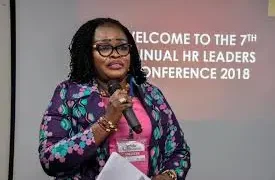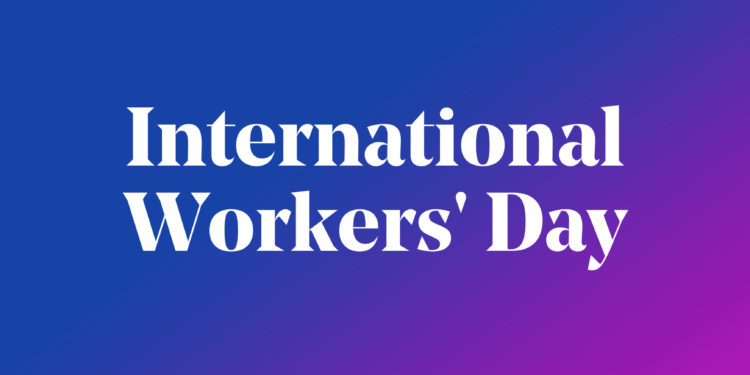As Nigeria marks Workers’ Day 2025, many civil servants across the country are observing the day not with joy, but with silent frustration, hunger, and hopelessness. For a workforce widely considered the backbone of the nation’s progress, the reality on the ground paints a grim picture — one defined by debt, neglect, and systemic exploitation.
Most workers, particularly in Ministries, Departments and Agencies (MDAs), are financially enslaved by persistent loan repayments, which have turned their monthly salaries into mere shadows of actual earnings. The situation is further compounded by the administrative attitude in many MDAs where heads of units treat public offices as private enterprises. Resources meant for staff welfare are diverted, and opportunities for growth are blocked — often out of fear that talented subordinates could outshine their superiors.
Even more disturbing is the fate of retirees. After 35 years of service, many are denied their gratuities and pensions or subjected to endless delays. Pension Fund Administrators (PFAs), who manage these funds, are seen living lavishly while the real owners of the money — the retirees — live in poverty, often forced to trek while their sweat feeds others’ luxuries.
The promise of democracy and equitable governance seems distant. As the political elite enjoy the spoils of office, ordinary workers continue to endure in silence. Union leaders continue to chant slogans like “Aluta continua”, but for many, the belief in labour unions has waned, as they appear disconnected from the everyday struggles of their members.
The Integrated Payroll and Personnel Information System (IPPIS) and other digital reforms were initially celebrated, but many workers have been stuck in prolonged arrears, with no clear resolution in sight. The call now is for a hybrid system — combining digital and manual processes — to improve efficiency and transparency.
Workers’ Day 2025 serves as a painful reminder that beyond the celebrations, Nigerian workers demand justice, fairness, and reform. Government executives, ministers, directors, and heads of agencies must look inward, assess the welfare of their staff, and ensure that policies are not only made but implemented in the interest of all — not just a privileged few.


















































































 EduTimes Africa, a product of Education Times Africa, is a magazine publication that aims to lend its support to close the yawning gap in Africa's educational development.
EduTimes Africa, a product of Education Times Africa, is a magazine publication that aims to lend its support to close the yawning gap in Africa's educational development.